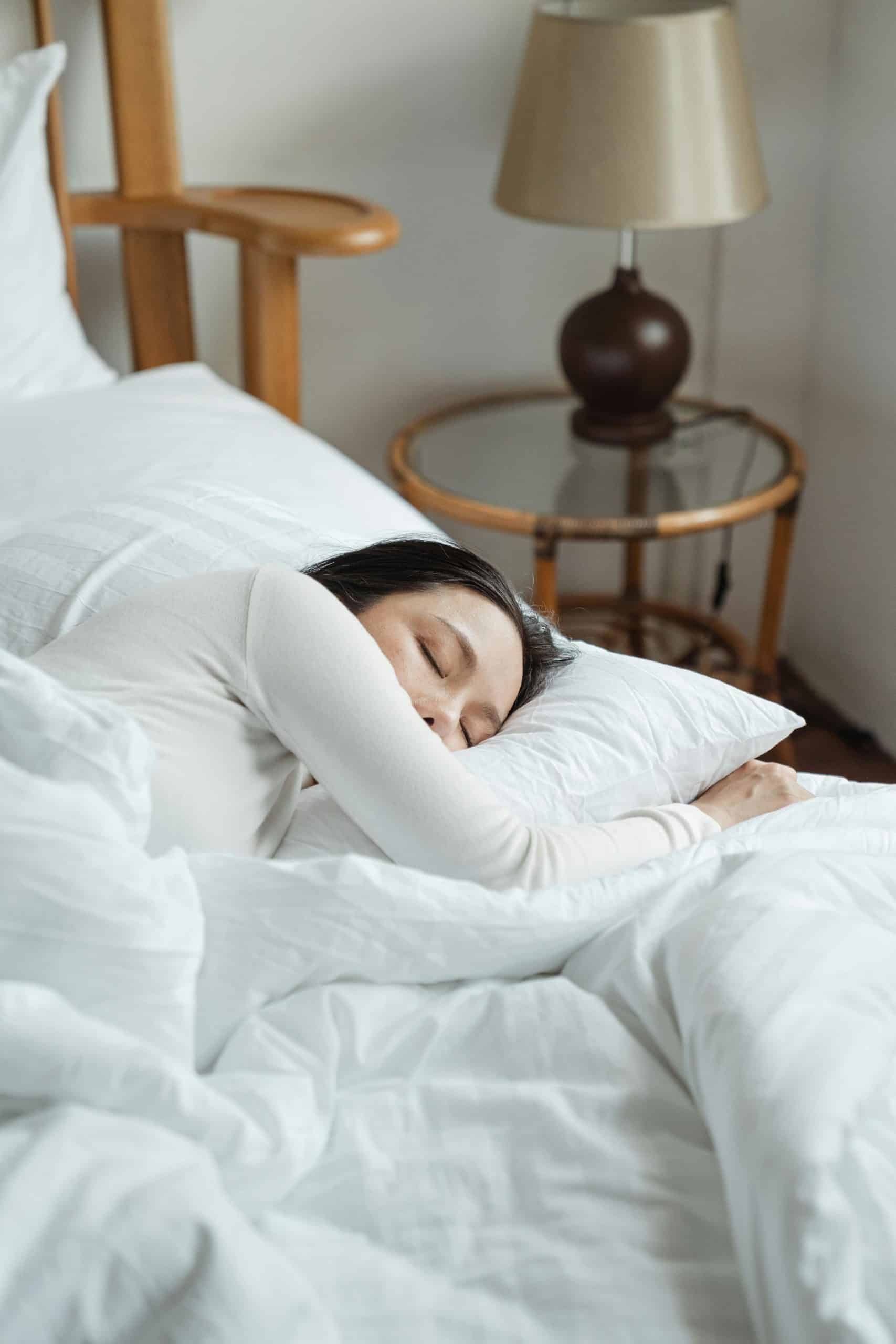We’ve all had those nights—tossing and turning, staring at the ceiling, and wondering why sleep just won’t come. While everyone experiences occasional sleeplessness, making some small adjustments to your routine can significantly improve your ability to fall asleep faster and enjoy a more restful night. Here are some effective strategies to help you slip into slumber more easily.
1. Create a Sleep-Inducing Environment
Your bedroom should be a sanctuary dedicated to rest. Keep it cool, quiet, and dark to create the ideal conditions for sleep. Invest in blackout curtains to block out any unwanted light and consider a white noise machine or earplugs if you’re sensitive to noise. The right mattress and pillows can make a world of difference, so ensure your bed is as comfortable as possible.
2. Establish a Consistent Sleep Schedule
One of the best ways to regulate your body’s internal clock is to stick to a regular sleep schedule. Going to bed and waking up at the same time every day—even on weekends—can help your body develop a natural rhythm. Over time, this consistency will make it easier to fall asleep and wake up feeling refreshed.
3. Wind Down with a Bedtime Routine
Just as you have a morning routine to start your day, a calming bedtime routine can signal to your body that it’s time to unwind and prepare for sleep. This might include activities like reading a book, listening to calming music, or practicing relaxation techniques like deep breathing or meditation. Avoid screens before bed, as the blue light emitted can interfere with your body’s production of melatonin, the hormone that regulates sleep.
4. Watch What You Eat and Drink
What you consume in the hours leading up to bedtime can significantly impact your sleep quality. Avoid heavy meals, caffeine, and alcohol close to bedtime, as these can disrupt sleep or make it harder to fall asleep initially. Opt for a light snack if you’re hungry, and choose calming beverages like herbal tea.
5. Get Moving During the Day
Regular physical activity is a fantastic way to improve sleep quality. Exercise can help reduce stress and anxiety, which are common sleep disruptors. Aim for at least 30 minutes of moderate exercise most days, but try to finish your workout a few hours before bed, as exercising too close to bedtime can have the opposite effect and make it harder to fall asleep.
6. Manage Stress and Anxiety
Stress and anxiety can be major obstacles to getting a good night’s sleep. Finding healthy ways to manage stress, such as journaling, practicing mindfulness, or talking to a friend or therapist, can help reduce nighttime anxiety. Establishing a worry time earlier in the day can also help you avoid lying in bed worrying about things you need to do or that are out of your control.
7. Listen to Your Body
Pay attention to your body’s natural signals. If you find yourself getting sleepy, don’t fight it—head to bed. Likewise, if you’re lying in bed for more than 20 minutes unable to sleep, get up and do a quiet, non-stimulating activity until you feel tired again. This helps prevent your bed from becoming associated with frustration and sleeplessness.
By incorporating these habits into your daily routine, you can create an environment and lifestyle that support healthy sleep. Remember, it’s about making gradual changes that will help you achieve better sleep over time. Sweet dreams!



